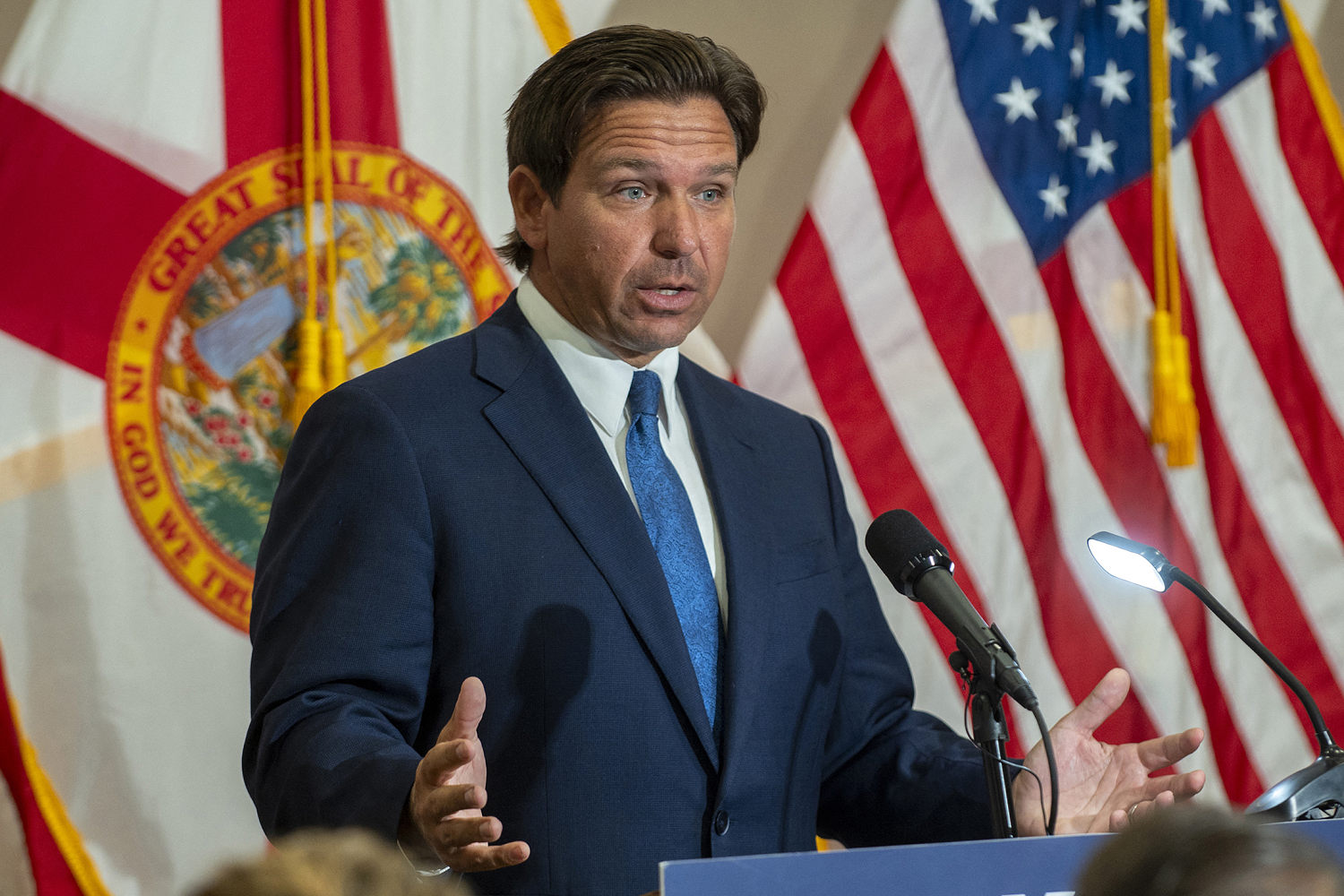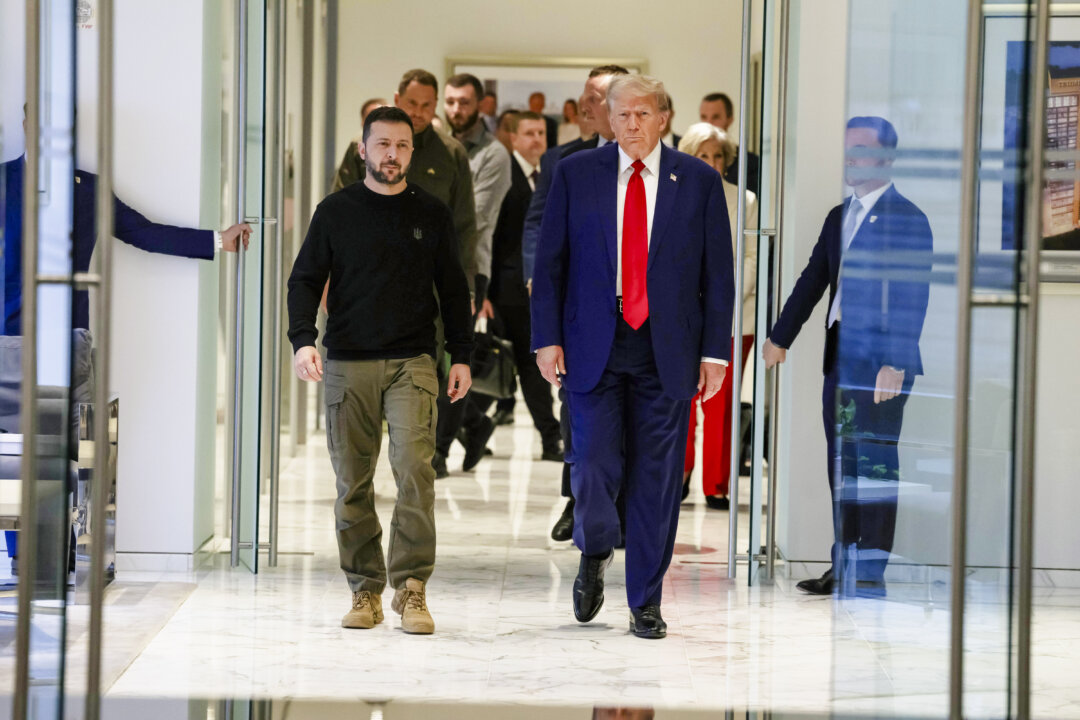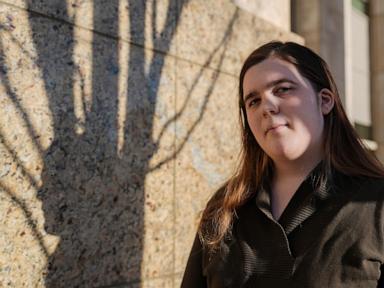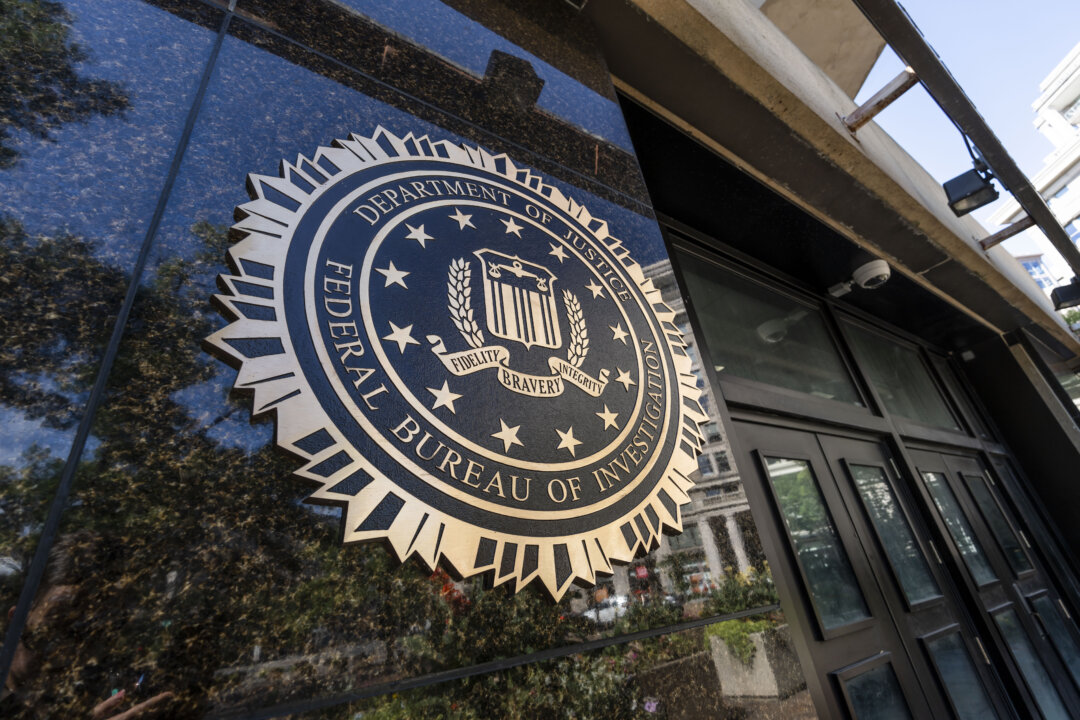

After the stifling and censorious technology despotism of the Biden administration, Vice President JD Vance’s fresh declaration in Paris of a golden age of American AI greatness was a huge breath of fresh air.
In a tight, concise, authoritative way, Vance told world leaders the U.S. would put its shoulder behind the free, fruitful, and forceful development of AI, applied not just to cyberspace but the brick-and-mortar world in which we all (still!) live.
It’s exactly what’s needed now, because technology is advancing one way or the other, and the crucial choice is exactly which ways and to which ends.
'AI doomers' today rightfully intuit that mandatory love for AI without limits will lead to a perversely worshipful post-human servitude at the feet of increasingly alien machines. But they wrongly believe that our only alternative is compulsory hate for AI instead of love — 'calling in the airstrikes' on AI data centers, as one prominent doomer has demanded.
Vance made the crucial point that the U.S. is dedicated to ensuring AI does not rain down a jobs apocalypse but rather keeps Americans richly engaged with their tools and with one another in productive activity — economic life that protects and strengthens our form of government, our way of life, and our humanity itself.
But while perhaps space and time did not permit him to go into the details about how that golden outcome would be achieved, the simple answer — church — is one that didn’t make it into the speech.
The reason for that is probably obvious: America’s long-lingering belief that a robust and thriving church in public life moves us inexorably toward theocracy, whether that’s seen as a bad thing or a good one.
This is a part of our Anglo legacy we should be willing and able to part with. Medieval and ancient Christian tradition, stretching across the millennia, is mixed on the theocracy issue. But in the East, where the fall of Rome led in a different direction from papacy combined with monarchy, an anti-theocratic line of political theology emerged that idealized not a fusion of strong church and state but a harmony between a healthy church and a healthy state.
This ideal of “symphonia,” as the Greeks called it, is important because, unlike theocracy, it’s in harmony with our Constitution, our Bill of Rights, and our popular sentiment that theocracy is indeed a bad thing. But it’s even more important now because neither technology nor politics, no matter how “great,” is sufficient to ensure that people actually WANT to work as human beings toward human ends in an age of pervasive AI — and that they have the avenues to freely and fruitfully do so.
The reason for this is plain to see. “AI doomers” today rightfully intuit that mandatory love for AI without limits will lead to a perversely worshipful post-human servitude at the feet of increasingly alien machines. But they wrongly believe that our only alternative is compulsory hate for AI instead of love — “calling in the airstrikes” on AI data centers, as one prominent doomer has demanded.
People nervously standing between love and hate looking for a way forward often fearfully ask what’s stopping us from destroying all of our jobs and losing our human identity to the machines. The answer is ... nothing!
Even or especially from the standpoint of the Christian worship of the triune God as an incomprehensibly loving father and master who made us in his image, our free will leaves us capable of committing suicide, whether one at a time or en masse.
Christ himself taught his disciples that, at the very end, a small remnant of the faithful will remain, so in that sense, Christians shouldn’t fear that humanity will really ever wipe itself out. But the prospect of vast multitudes choosing death and disfigurement over the way, the truth, and the life should be enough for us to think soberly about what it is that can actually ensure we adopt the healthy attitude toward AI in which Vance grounds his vision.
And all evidence today indicates that technology has already developed to an extent and in a direction that causes everyone on Earth to face once again the ultimate questions about who we are and why — and why we should bother going on with the human condition of spiritual suffering and struggle that defines us regardless of how much money or cool stuff we have.
The common experience of mankind is now one of recognizing that an anarchic, disorganized, and improvised spiritual reaction to this sobering technological situation will not be enough to foster the spiritual health people need to avoid slipping into death and disfigurement through an abuse of technology, whether for the sake of servitude, mastery, or the heady mix of sadomasochism that has always perverted the human mind, heart, and soul.
Fortunately, that’s what church is there to ameliorate, counteract, and prevent. The Lord has been known since the beginning as the physician of our souls and bodies. Without the church (and its monasteries) playing the decisive role of spiritual hospital unlike any secular substitute or simulation thereof, there just won’t be enough of an organized structure for people to humbly muster the shared spiritual strength needed to accept our given bodies and souls as a sacred gift that must be embraced with love and obedience even amid the utopian candyland of an AI-augmented golden age.
It’s essential for us to remember that this decisive role of what critics often too abstractly call “organized religion” is not only possible without theocracy but is impossible in America with theocracy. The ancient ideal of “symphonia” is back — and, amid the great American renaissance laid out by Vance, it’s on track to be more important than ever.
.png)
 3 hours ago
1
3 hours ago
1














 English (US)
English (US)